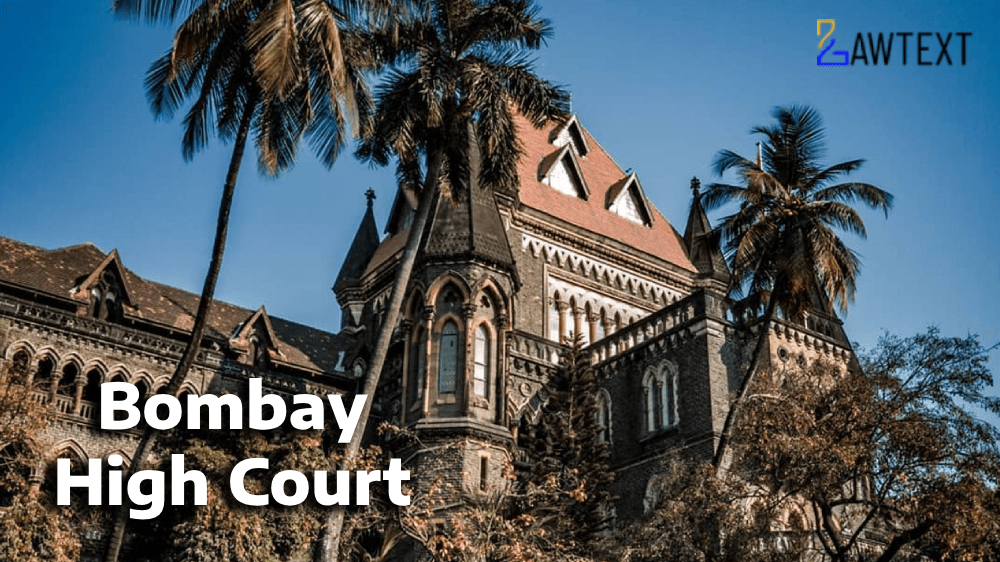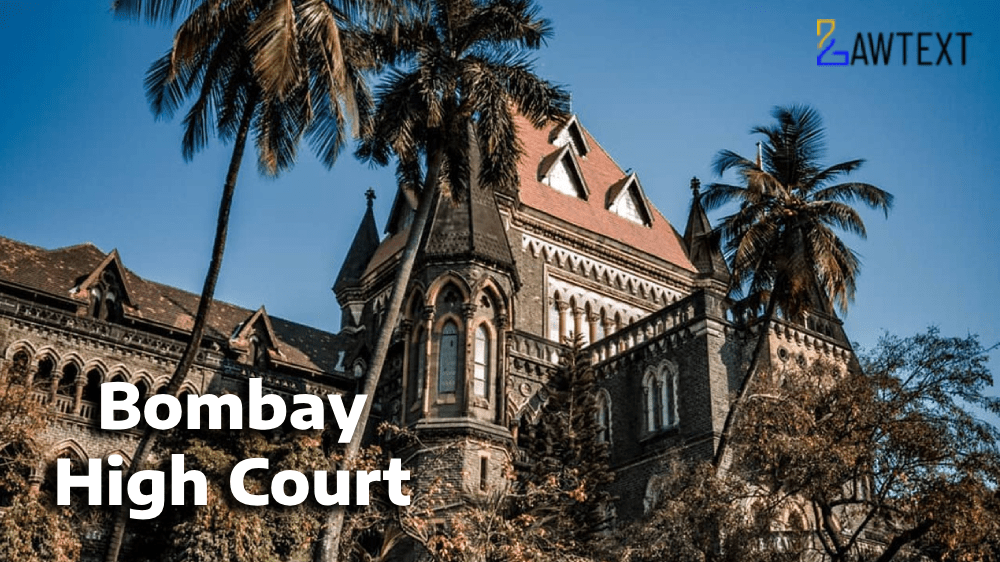Case Note & Summary
Appeal against a judgment and award issued by the Motor Accident Claim Tribunal in 2013. The appellant seeks enhanced compensation for injuries sustained in a motor vehicle accident in 2002. The appellant's advocate argues that the awarded compensation is insufficient given the severity of the injuries, particularly highlighting the loss of sexual function and psychological impact. The respondent's advocate argues that the awarded compensation is adequate, considering the circumstances and expenses already covered. The court deliberates on the evidence presented, including medical reports, and acknowledges the impact of the injuries on the claimant's life. It references legal precedents regarding the assessment of compensation for non-pecuniary damages. Ultimately, the court decides to partially allow the appeal and modifies the award, granting additional compensation for non-pecuniary losses.
Introduction:
Appellant challenges judgment and award issued by the Motor Accident Claim Tribunal, seeking enhanced compensation.Consent for Final Hearing:
Parties agree to proceed with the final hearing.Appellant's Arguments:
Appellant's advocate presents the severity of injuries and discrepancies in awarded compensation. Highlights permanent disability and loss of sexual function. Cites relevant Supreme Court judgment.Respondent's Arguments:
Respondent's advocate contends that the awarded compensation is just and proper. Emphasizes the absence of future loss of earnings and adequacy of awarded compensation. References Supreme Court precedent.Court's Consideration:
Court examines submissions, evidence, and tribunal records. Acknowledges injuries sustained and impact on the claimant's life. Considers legal principles for assessing compensation.Legal Precedent:
References Supreme Court judgments outlining criteria for compensation assessment.Evaluation of Evidence:
Medical evidence and treatment history. Notes impotency and its effects on the claimant's life.Tribunal's Assessment:
Critiques tribunal's compensation assessment, noting inadequacies. lack of compensation for pain and suffering, transportation, and mental anguish.Court's Decision:
Grants additional compensation for non-pecuniary losses. References specific Supreme Court judgment. Modifies the tribunal's award and orders enhanced compensation.Conclusion:
Court's decision and modified award.
Issue of Consideration: Machindra s/o Vithoba Sonawane Versus Ambadas s/o Santram Gadakh Ors.
Premium Content
The Issue of Consideration is only available to subscribed members.
Subscribe Now to access critical case issues







